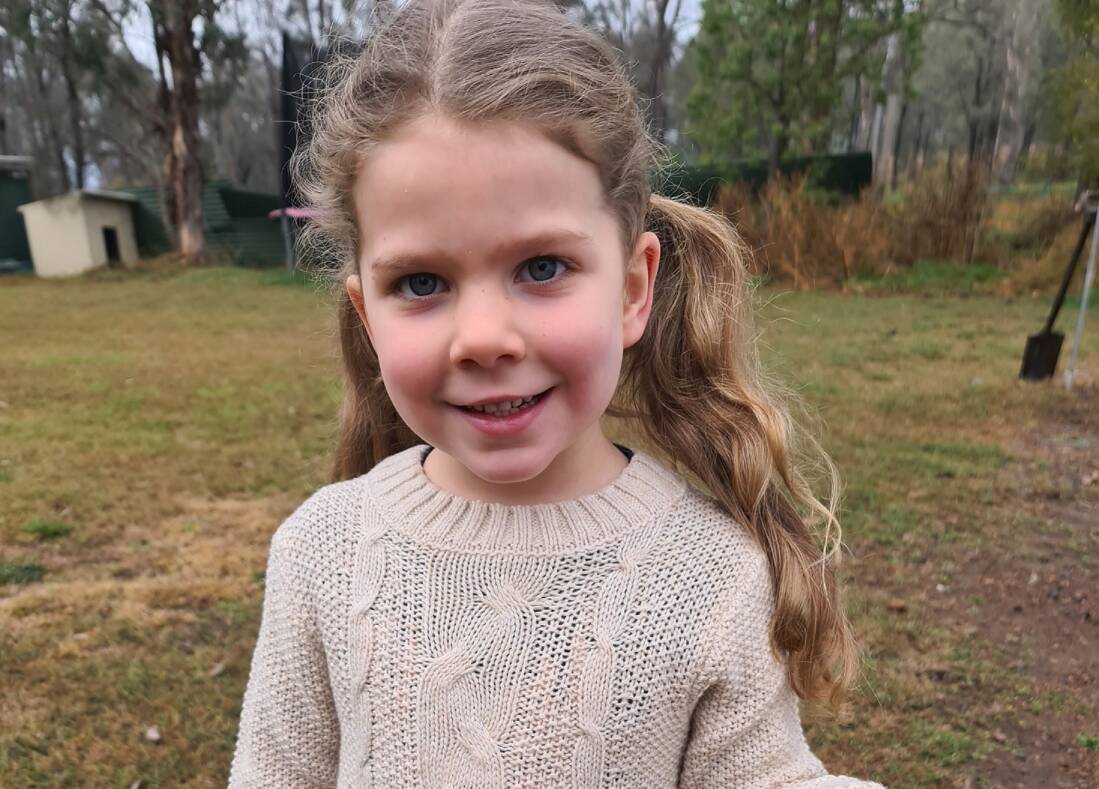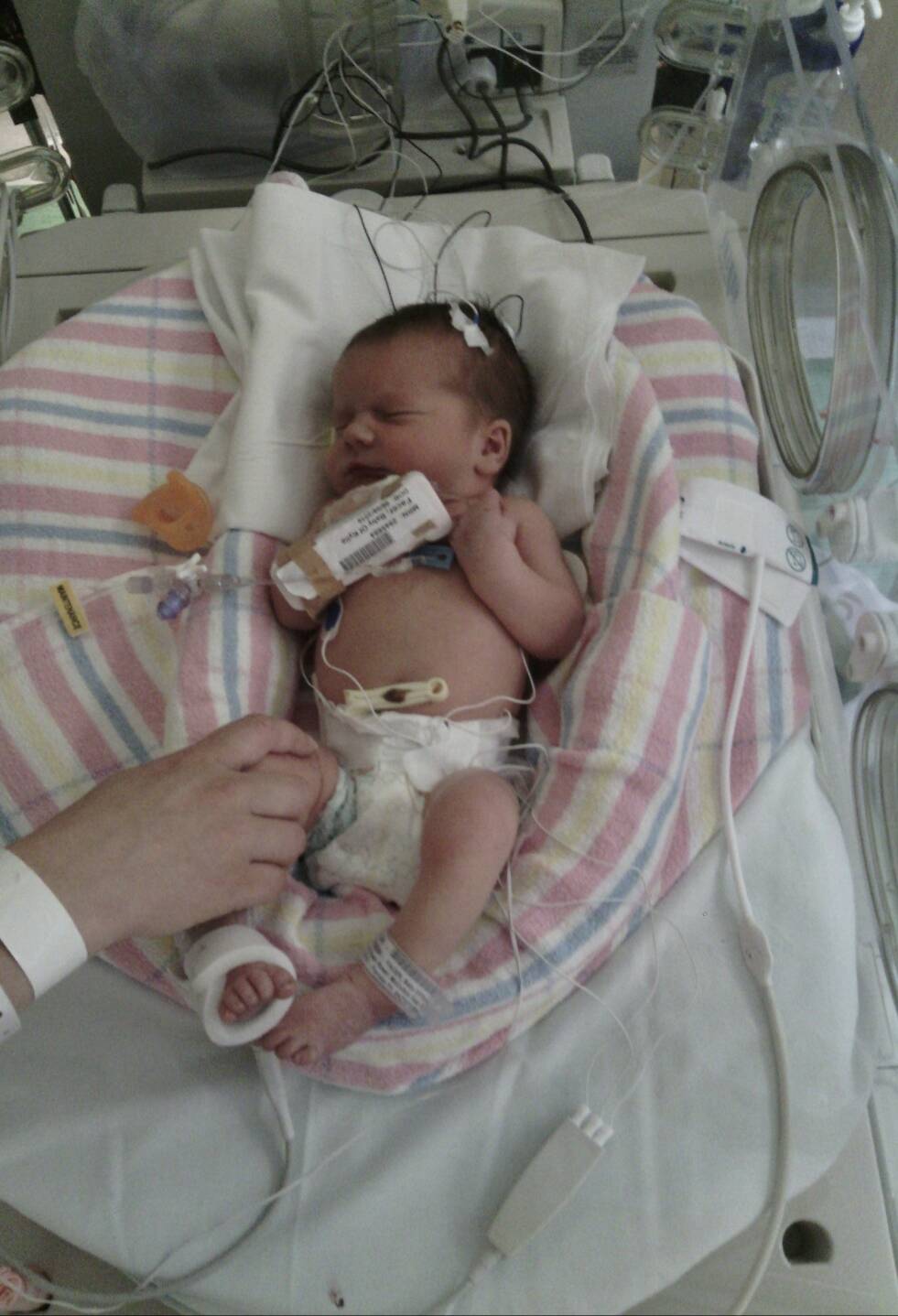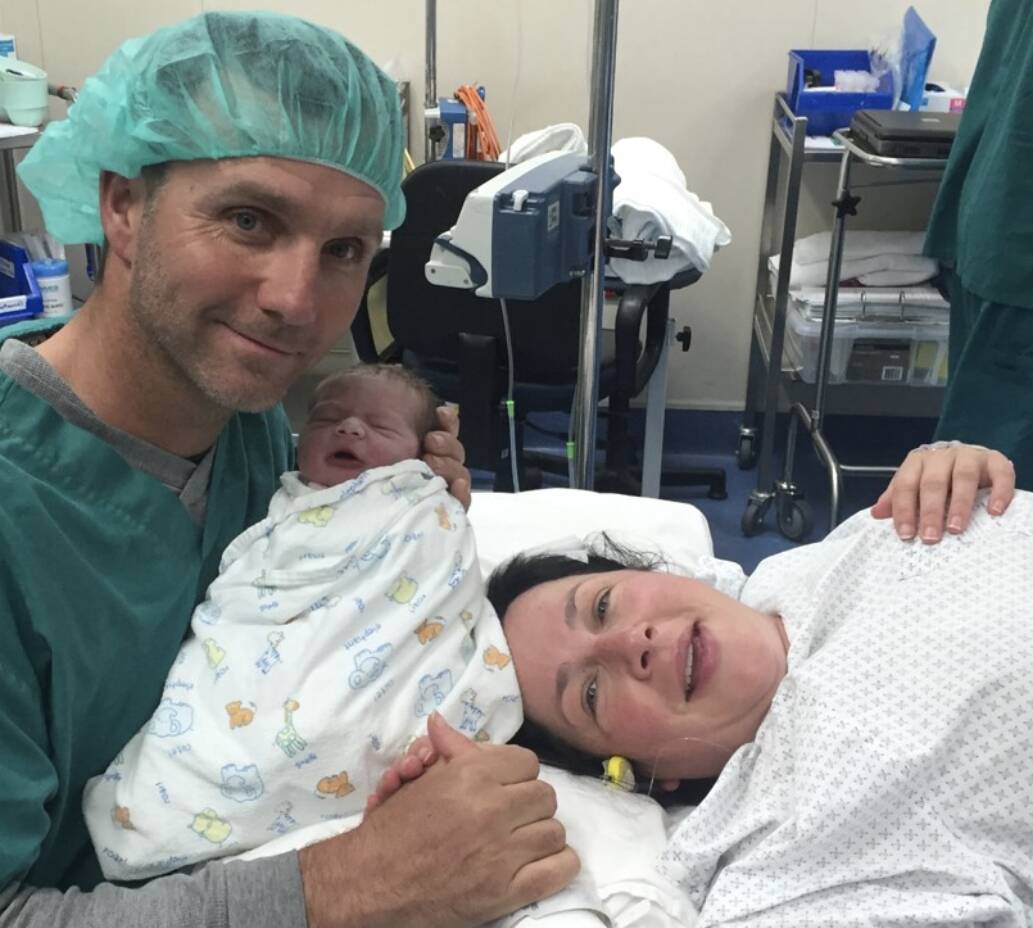
Anika Facer is, in a way, a miracle child.
She suffered a "massive stroke" in utero, which put her at risk of developing severe cerebral palsy.
"The miracle was her being diagnosed so quickly," her mum Kylie Facer said.
"When she was born, we were told she probably wouldn't walk, talk or crawl, or possibly see or hear."

Anika, of Muswellbrook, was referred to the Cerebral Palsy Alliance at six weeks of age.
"She started physiotherapy and it was quite intensive," Mrs Facer said.
"What they gave us the day we walked in there was the biggest gift you could ever receive."
After the stroke, Anika couldn't move any part of her right side.
Now aged six, she can run, jump and skip.
"And she has very recently learnt to do cartwheels," Mrs Facer said.

The treatment that changed Anika's life will now be more widely available to other children at the Hunter Early Diagnosis Clinic.
The clinic, based at Croudace Bay in Lake Macquarie, will officially open on Thursday as a partnership between the Cerebral Palsy Alliance and Hunter New England Health.
It is the first regional clinic of its kind in Australia. Two others are in Sydney.
The clinic's manager Aimee Martin said "it's super-exciting to have access to a world-leading clinic in the Hunter".
Ms Martin said the clinic, mainly funded by EA & N Hulak Foundation, would include a paediatric neurologist, allied health professionals and a social worker.
They will use the most "up to date research and evidence-based tools".
Previously, affected children would be referred to a paediatrician or paediatric neurologist and face a long waitlist for treatment.
Presently, half of children with cerebral palsy are not diagnosed until after age one.
"We really want to bring that age down. We now have the tools to diagnose babies as early as three months," Ms Martin said.
"Intervening early has the best outcomes for the long term. It gives babies the best chance to maximise their function and ability into the future."
Early treatment enables babies to rewire their brains and gain new skills and function through the concept of "neuroplasticity".
The clinic will see 50 to 100 babies a year, with referrals from the Hunter, Central Coast, New England and North Coast.
Babies will be seen from three months of age. They need to be referred by age one.
"Then we follow those babies until they're two," Ms Martin said.
The clinic will provide speech therapy and occupational therapy for those with cerebral palsy and other disabilities.
"It's all about upskilling the parents to promote the movement and skills that the babies need to learn," Ms Martin said.
"We choose specific toys and set it up in a way to help the baby learn whichever skill we're working on. It's play with purpose."
Cerebral palsy is an umbrella term for damage to a baby's developing brain that results in movement impairment.
It can be caused by stroke, infection, prematurity and a lack of oxygen causing brain damage.
"We're also finding now there are some genetic causes as well," Ms Martin said.
Mrs Facer said Anika had to everyone's surprise hit most of her milestones, although "sometimes a bit late".
"It's quite incredible," she said.
The early intervention and therapy services were vital.
"Anika was an exception to the rule, given she'd had a stroke and a seizure just after she was born.
"They knew something was wrong. That's what led to her being seen so early."
With the new clinic, Mrs Facer said "the paradigm will start to change".
"Kids will be seen a lot earlier, which means the therapy starts earlier," Mrs Facer said.
A universal screening program for cerebral palsy is also being planned to help detect cases earlier.

Mrs Facer said she was "terrified" when her daughter first arrived for treatment with the alliance.
"I didn't want anyone touching her. It was still so raw and early in the process. And we [she and husband Kris] didn't have a grasp on what any of this meant.
"I had in my head all these scary ideas of what CP [cerebral palsy] was. I was uneducated about it.
"Then we met our therapist and she was beautiful - the most amazing woman. At that point, I thought to myself it's going to be OK."
To see more stories and read today's paper download the Newcastle Herald news app here.







